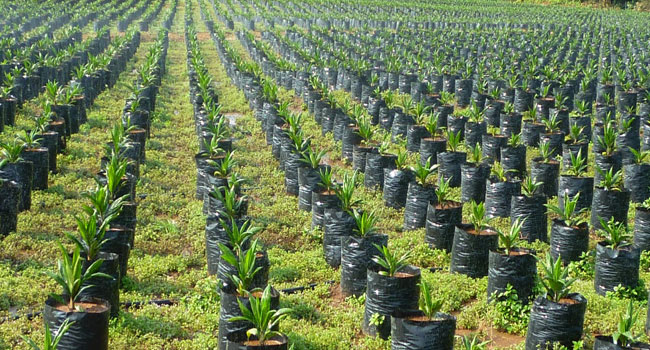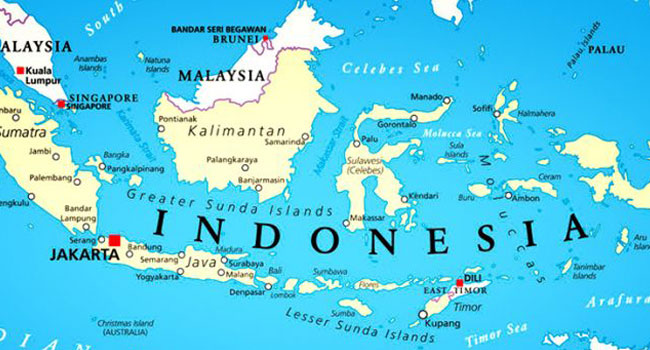
Indonesia has clarified a ban on palm oil exports announced last week, saying it would only prohibit shipments used for cooking oil, just as traders prepare for the embargo to kick in on Thursday.
The world’s top producer of the commodity — which is used in a range of goods including chocolate spreads and cosmetics — sent prices soaring on international markets with the surprise announcement, as officials look to protect domestic supplies of cooking oil.
The ban covers refined, bleached and deodorised palm oil (RBD), which is a key ingredient in cooking oil, Coordinating Minister for Economic Affairs Airlangga Hartarto said in a briefing late Tuesday.
Crude palm oil shipments will not be affected.
Jakarta will resume exports when the price of the bulk cooking oil in the local markets has fallen to 14,000 rupiah (97 cents) per litre, having rocketed 70 percent in recent weeks to 26,000 rupiah now.
READ ALSO: Russia Cuts Gas Supplies To Poland, Bulgaria
“We will evaluate the policy regarding the export ban regularly, this is a regulatory sandbox that will be adjusted according to the development of the situation,” Hartarto said.
Refined palm oil accounted for less than half the country’s 34.2 million tonnes of palm oil exports last year, according to figures from the Indonesian Palm Oil Association.
Despite being the world’s biggest producer, the country has been facing a cooking oil shortage for months because of poor regulation and producers reluctant to sell at home when exports were more profitable due to high prices on world markets.
Palm oil is the most widely used vegetable oil in Indonesia. Vegetable oils are among a number of staple food items that have seen prices hit record highs in recent weeks following Russia’s invasion of agricultural powerhouse Ukraine, according to the United Nations Food and Agriculture Organization.
AFP



